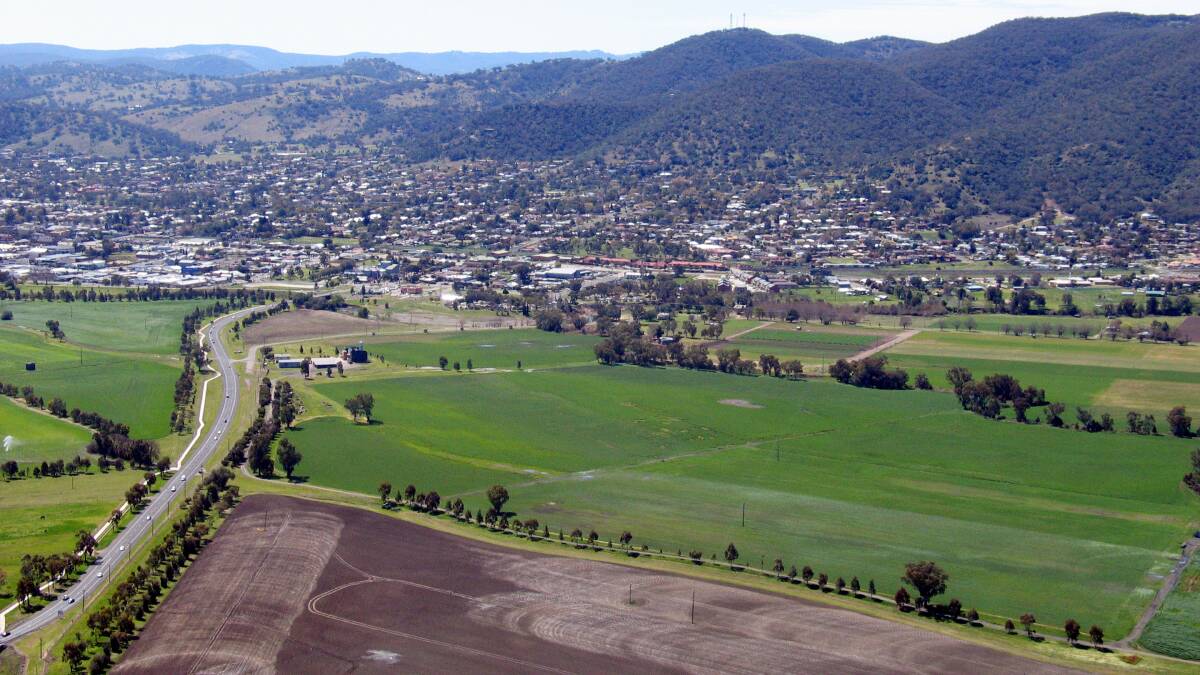
When a rural town's maternity unit shuts down, it has a domino effect and other healthcare services quickly follow.
Subscribe now for unlimited access to all our agricultural news
across the nation
or signup to continue reading
Almost 100 maternity experts met in Canberra, calling for the federal government to step in and end the steady decline of services for regional mothers.
Their list of demands included a national minimum standard for access to rural maternity care and funding for a maternity workforce plan.
Rural Doctors Association of Australia president Megan Belot said none of the solutions were new or radical, but they needed political willpower and funding.
"We know the solutions, we just want them to be implemented... it's not something that we can wait another five or 10 years for," Dr Belot said.
"We need the Prime Minister to understand our issues and look at our solutions that we came up with."
The issue had become so desperate, states have begun poaching health professionals from each other by offering incentives to those who relocated to their regional area.
"This is why it needs to be on the National Cabinet agenda, we need the states working together," Dr Belot said.
Maternity services are often the lynch pin that holds together other medical services in rural areas.
"When you lose a maternity service, there's no need to keep a theatre running anymore," Dr Belot said.
"The rest of the community suffers. They get a surgeon coming to town and they can't get surgeries close to home."
Australian College of Midwives chief midwife Alison Weatherstone said of the 300,000 women giving birth in Australia each year, 30 per cent (roughly 90,000) live in rural areas.
"Women in rural and regional areas deserve access to models of maternity care equivalent to those women in families in the cities... our targets at the moment are well below what's acceptable for women," Dr? Weatherstone said.
National Rural Health Commissioner Ruth Stewart said the government had give Indigenous women the option to give birth on country.
"First Nations' women have to have access to culturally-safe care - we know that if care is not culturally-safe, they are reluctant to seek it," she said.


